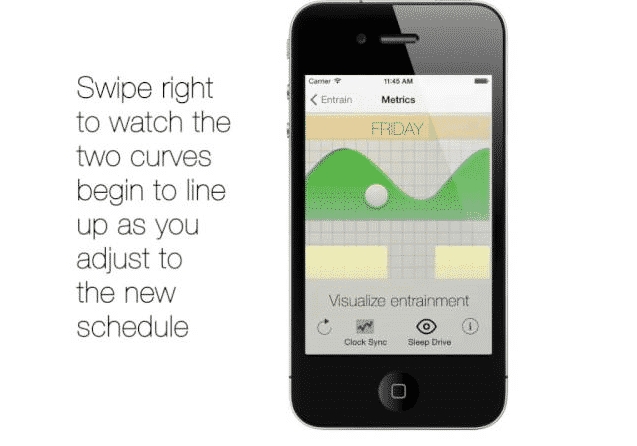Jetlag can be pretty annoying for many people. Researchers at Michigan University have now found a new mathematical formula that can help beat jetlag effectively.
For people who routinely travel, jetlag can significantly impact their activity level and possibly disrupt their schedules. Imagine an Olympian arriving at the final day of his international match and playing the game while dealing with the jetlag. This could translate to his performance being below the usual.
But what if there was a way of keeping jetlag at an arm’s length? If we could simply shrug off the affects of jetlag within hours of landing, we would resume our regular performance levels a lot sooner.
The fact that we get jetlag is simply because our body follows a biological clock (or ‘circadian rhythm‘). When we travel across multiple time zones, our bodies mix it all up. Then they take some time to adjust to the new settings. The interval is the feeling of being jetlagged.
The researchers at Michigan decided to see if there was some actual antidote to jetlag. What they found was that our circadian rhythm can be regulated with the proper use of light. It means that by exposing our body to light at certain times and keeping it away from light at others, we can ward off jetlag more effectively.
The big question was, when to expose the body to light. The study involved measuring the circadian rhythms and then relating them with different flight schedules in order to find what time of light-exposure would be best for the passengers. As a result, the team was able to discover the mathematical formula that gets the flight timings and difference in time zones from you, and then provides the exact hours at which you should take light and avoid light.
An app has been created using this mathematical formula. It can help you with the light/dark timings with respect to each of your flights. However, the findings of the study haven’t been tested. The research team aims to gather real-time data through the app, requesting the users to submit their data to the study. It would then help test the formula against real-world scenarios.
You can download the app here.
Courtesy: Daily Mail
[ttjad keyword=”iphone”]



